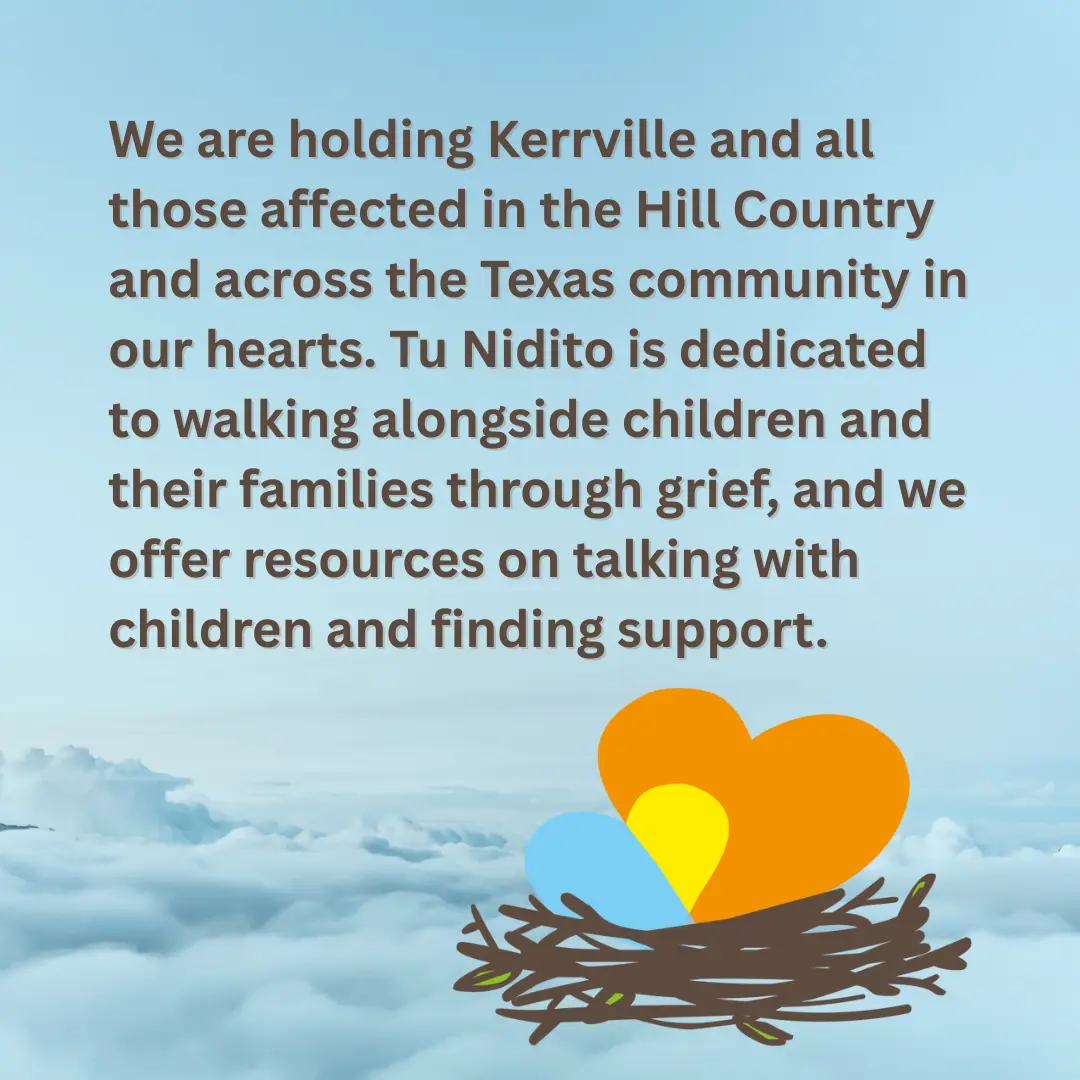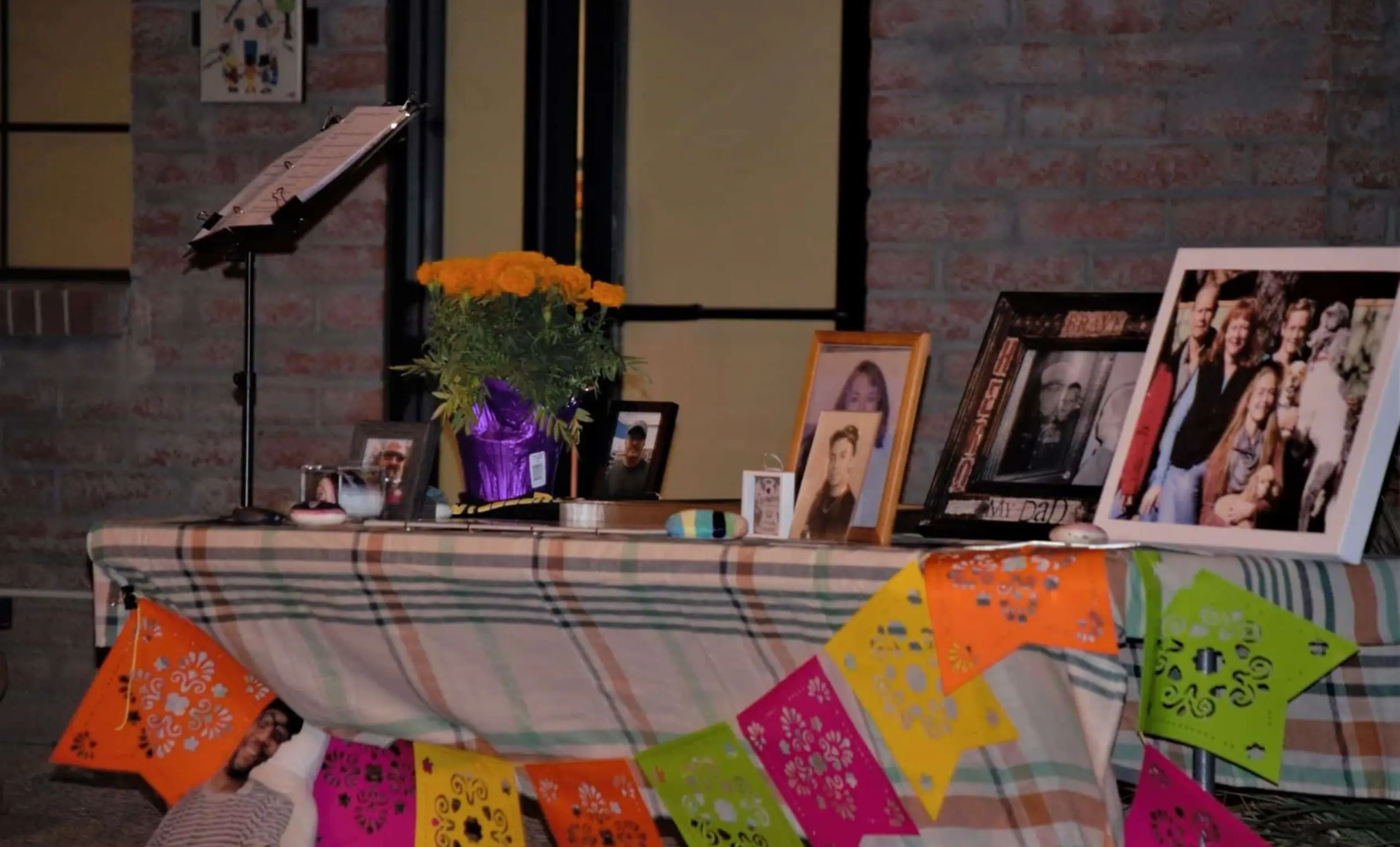Related Posts
At Tu Nidito, our hearts are with the families and entire community of the Texas Hill Country following the devastating floods that have impacted [...]
Most people think of the holiday as a time of joy, surrounded with the love of family and the warmth of the season. [...]
Dia de Los Muertos is a tradition celebrated at Tu Nidito, it is truly one of the most special events offered. It is a night [...]




